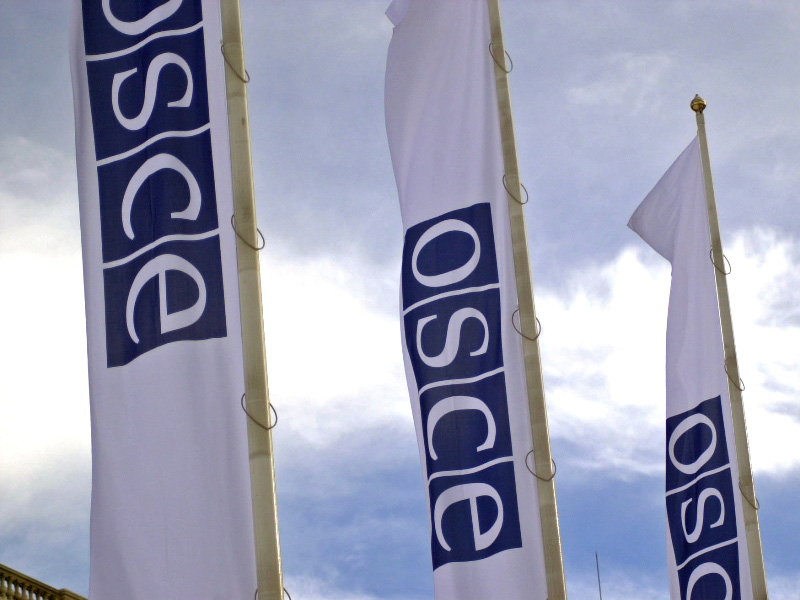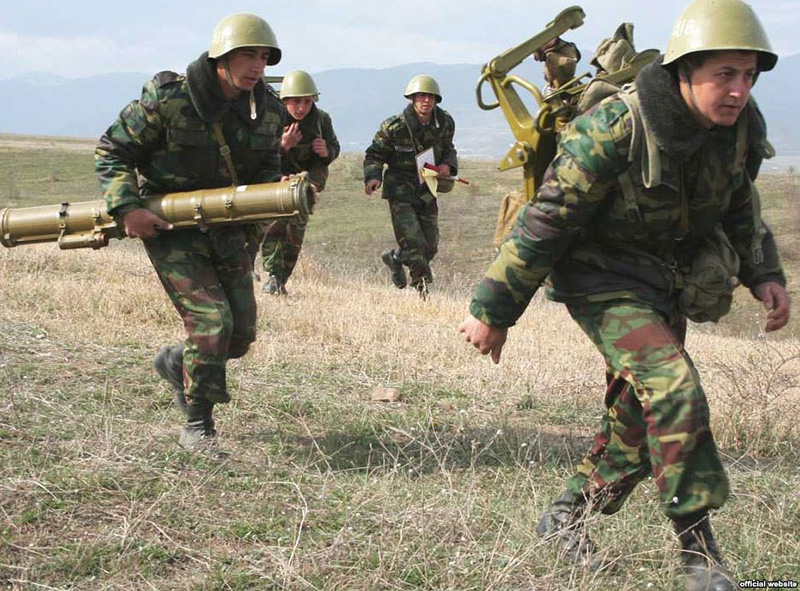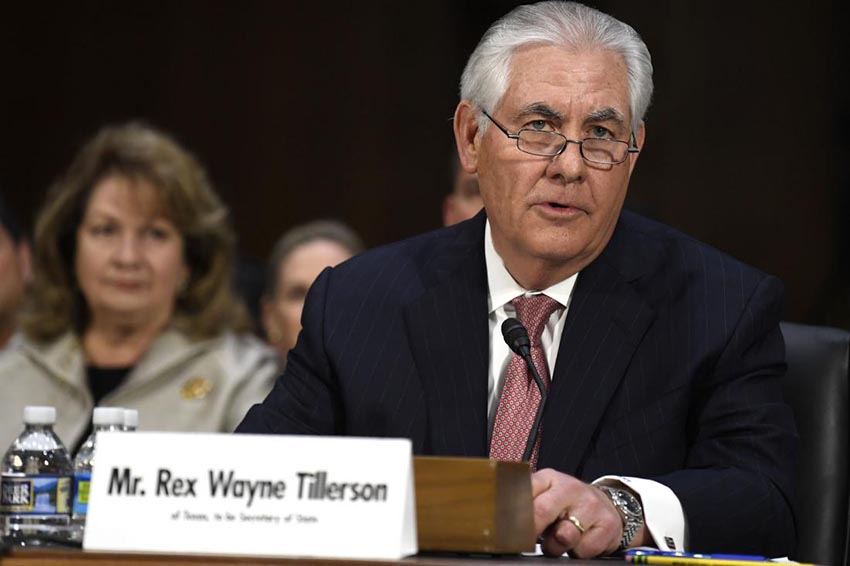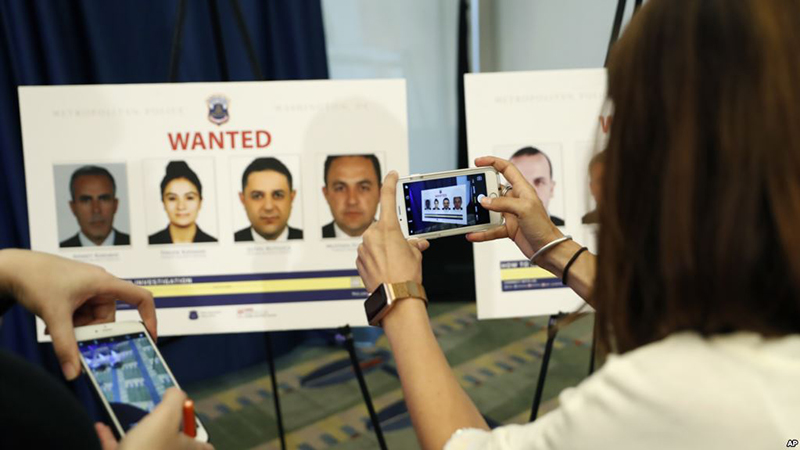The OSCE Chairperson-in-Office and Swiss Foreign Minister, Didier Burkhalter, together with the Co-Chairs of the OSCE Minsk Group, Ambassadors Igor Popov of the Russian Federation, James Warlick of the United States of America, and Pierre Andrieu of France, expressed their deep concern about the intense upsurge in violence along the Line of Contact and Armenian-Azerbaijani border that resulted in numerous casualties reported in recent days. They extended their condolences to the families of the victims and shared the anguish of their grievous losses.
The Chairperson-in-Office and the Co-Chairs of the Minsk Group said that they were deeply concerned about the fact that a clearly marked International Committee of the Red Cross (ICRC) vehicle came under fire while assisting the local population on the Armenian-Azerbaijani border on a humanitarian mission. They strongly condemned the deliberate targeting of civilians and shooting at representatives of international organizations and reminded the parties of their obligations under Geneva Conventions.
They appealed to the Presidents of Armenia and Azerbaijan to take immediate action to defuse tensions and respect the ceasefire agreement. Retaliation and further violence will only make it more difficult to continue efforts to bring about a lasting peace, the Chairperson-in-Office and the Co-Chairs of the Minsk Group emphasized. They also urged the Presidents of Armenia and Azerbaijan to resume as soon as possible negotiations on peaceful settlement of the conflict, being the only way to bring peace and genuine reconciliation to the peoples of the region.
On their part, the United States and Russia have expressed serious concern at the latest upsurge in Armenian-Azerbaijani ceasefire violations, urging the warring sides to seek a peaceful settlement of the Nagorno-Karabakh conflict.
“There can be no military solution to the conflict. Retaliation and further violence will only make it more difficult to bring about a peaceful settlement,” Marie Harf, a spokeswoman for the U.S. State Department, said late on Friday.
“The United States urges the Presidents of Armenia and Azerbaijan to meet at the earliest opportunity to resume dialogue on key issues,” Harf stressed in a statement. She reaffirmed in that context U.S. pledges to remain actively engaged in international efforts to broker a Karabakh settlement.
The Russian Foreign Ministry also reacted to the escalation on Saturday. “We view the events of recent days as a serious violation of ceasefire agreements and stated intentions to achieve a political settlement,” a ministry spokeswoman, M. V. Zakharova, said in statement.
“We believe that a further escalation is inadmissible,” Zakharova said. “We call on all conflicting parties to show restrain, renounce the use of force and take immediate measures to stabilize the situation.”
The Russian ambassador to Armenia, Ivan Volynkin, echoed Moscow’s concerns in comments to Armenian journalists. The Novosti-Armenia news agency quoted Volynkin as saying, though, that the deadly fighting along the Karabakh “line of contact” and the Armenian-Azerbaijani border is unlikely to degenerate into a full-scale war.










